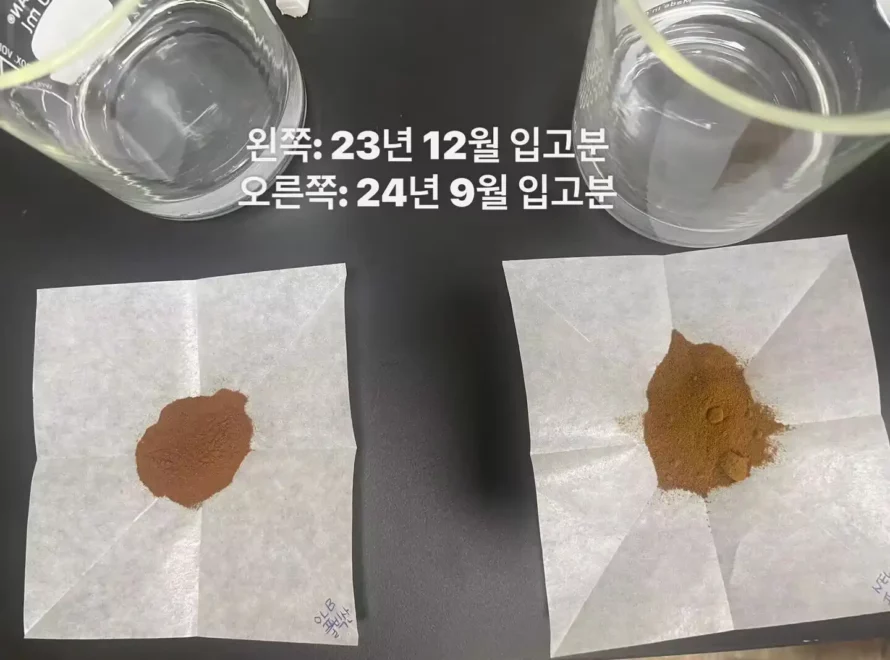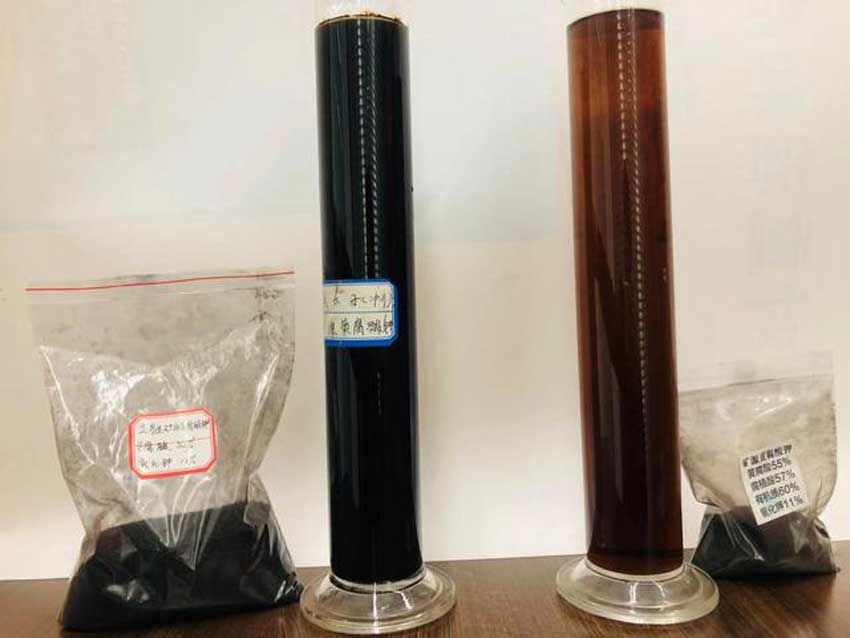 Humic acid has a similar effect to auxin on growth. Many researchers use in vitro organs. Using auxin biological identification method or other physiological effects.
Humic acid has a similar effect to auxin on growth. Many researchers use in vitro organs. Using auxin biological identification method or other physiological effects.
Humic acid instead of auxin experiments.This method can in turn be used to determine the bioactivity of humic acid.
Because in vitro organs used for auxin biological identification are relatively tender. Such as tomato roots, pea roots and wheat coleophosphorus, their adaptive concentration is relatively lower than that of intact plants.
Different components of humic acid have different effects on tomato roots. Humic acid appears to be more effective in promoting plant growth. Precise studies have shown that humic acid promotes cell elongation more than cell division.
Fulvic acid is more effective in cell division.The researchers also found that humate increases the amount of water absorption of the transplanted red maples. Which increases the flow of SAP in the plants. Humic acid also increased the fresh weight and cell number of rice callus.
All the above experiments indicate that humic acid has auxin activity.
Humic acid can promote seed germination and has GA – like activity in this respect. Humic acid can germinate photophilic and Anaerobic light seeds without illumination. But has no effect on seed germination under normal illumination. Indicating that this process is related to the regulation of photosensitive pigment.
In promoting the expansion of radish leaves, humic acid sodium has the activity of cytokinin. Humic acid has the activity of abscisic acid in inhibiting stomatal opening and promoting superoxide pentdismutase activity.






